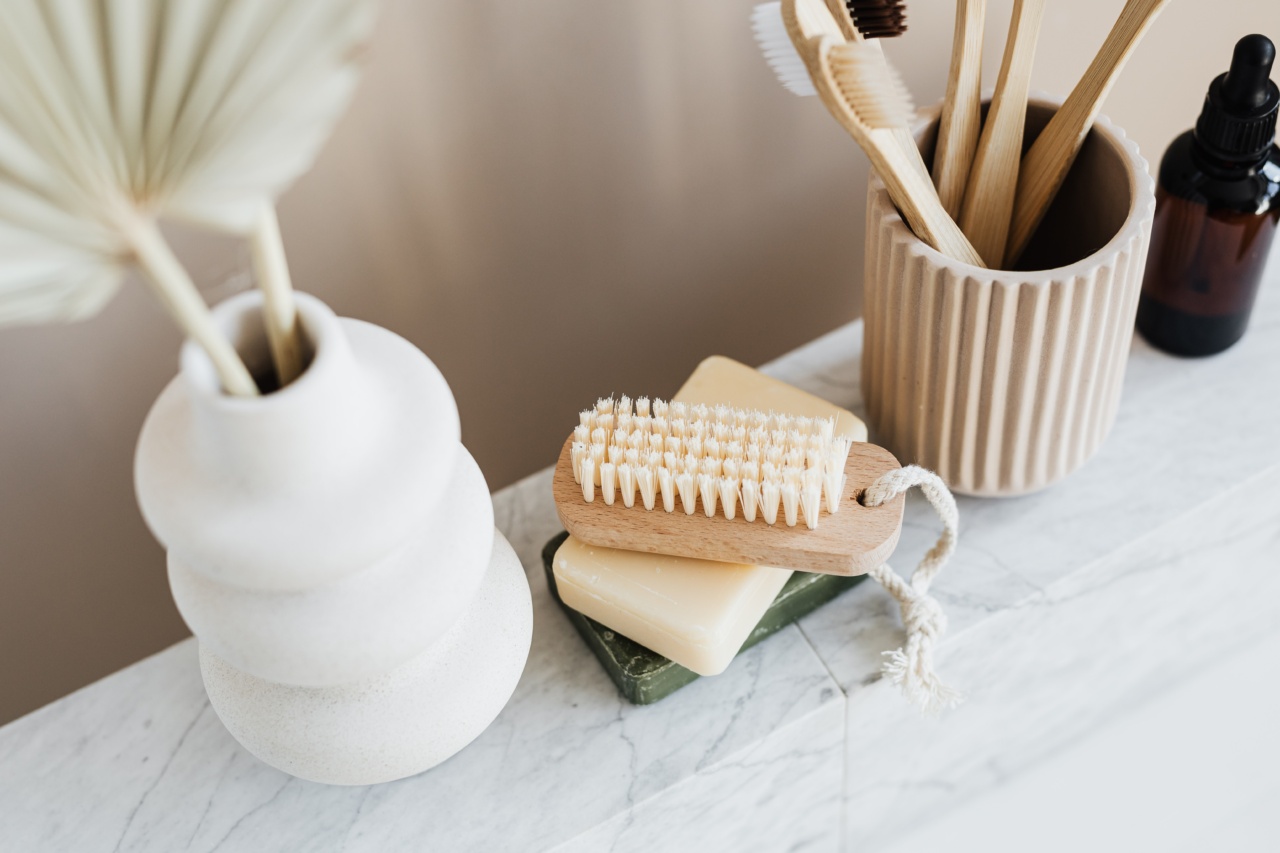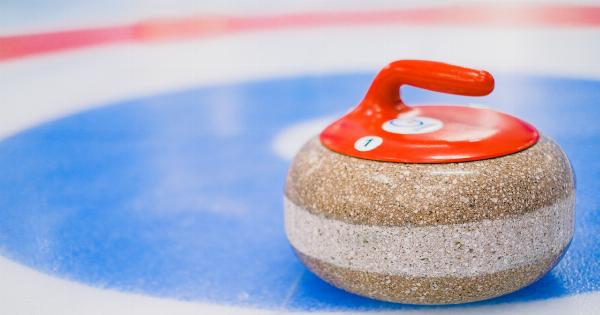Oral emergencies can be quite frightening, especially when they occur unexpectedly. While it is recommended to seek immediate medical attention in some cases, there are several home remedies that can provide quick relief and help prevent further damage.
In this article, we will look at some of the most common oral emergencies and the steps you can take to manage them at home.
Chipped or broken tooth
Chipping or breaking a tooth can be painful, and it is essential to address this dental emergency immediately. Rinse your mouth with warm water and apply gentle pressure to the affected area with a cold compress.
If there is bleeding, apply a piece of gauze for at least 10 minutes till the bleeding stops. It is recommended to visit a dentist as soon as possible for proper treatment.
Toothache
A toothache can be debilitating and can make it difficult to eat, drink, or even talk. The most common solution is to rinse your mouth with warm water and use dental floss to remove any food particles that may be trapped between your teeth.
Additionally, placing a cold compress on the affected area may help reduce the swelling. Over-the-counter painkillers like ibuprofen can also help manage the pain. However, if the pain persists for more than a day or two, it is best to contact a dentist for evaluation.
Lost Filling or Crown
If you lose a filling or crown, it is necessary to see your dentist immediately to avoid further damage. Until you can schedule an appointment, use an over-the-counter dental cement to cover the affected area and reduce discomfort.
Avoid biting down or chewing on that side of your mouth to prevent further damage.
Dislocated jaw
A dislocated jaw can be a severe medical emergency, and it is advisable to seek medical attention immediately.
Until professional help arrives, apply a cold compress to the affected area to reduce swelling and bruising and avoid moving your jaw to prevent further damage.
Soft tissue injuries
Injuries to the tongue, cheeks, or gums can be quite painful, and it is essential to act quickly to manage the pain and prevent further damage.
Rinse your mouth with a saltwater solution, apply gentle pressure to the affected area with a clean cloth, and apply a cold compress to reduce the swelling. If there is severe bleeding, apply pressure with sterile gauze for at least 10 minutes.
Bite wounds
Biting your lip, tongue or cheek while eating can be painful and may cause swelling. To soothe the pain, rinse your mouth with warm salt water solution.
Apply pressure to the affected area with a cold compress and use over-the-counter painkillers to manage discomfort. However, if the swelling persists, consult a dentist promptly, as it may be a sign of a severe infection or abscess.
Conclusion
Oral emergencies can be frightening, but quick and appropriate action can help manage symptoms, prevent further damage, and improve your chances of effective treatment.
In case of any oral emergency, always consider seeking medical attention immediately. Hopefully, these home remedies will provide some relief until you can visit your dentist safely.






























